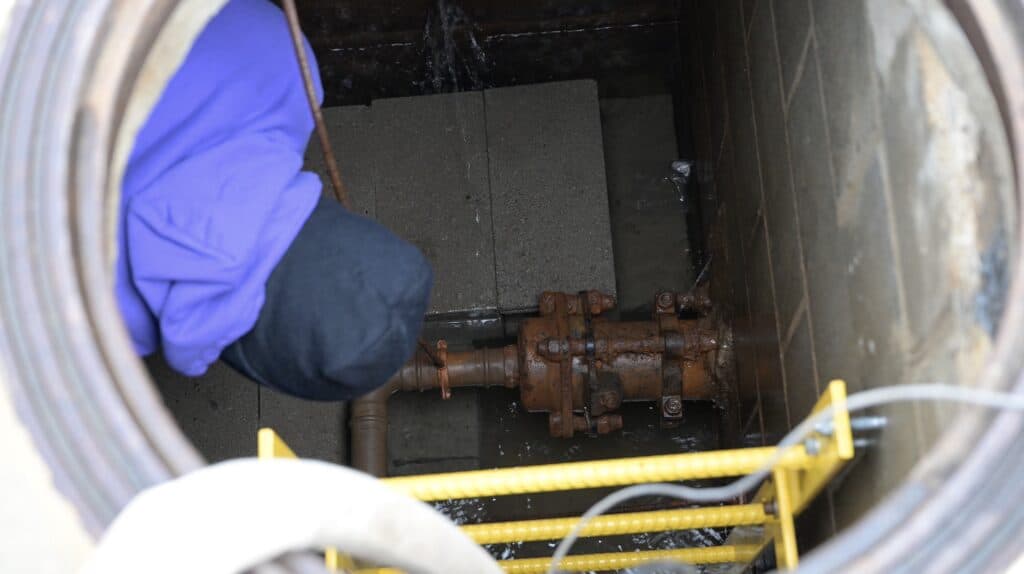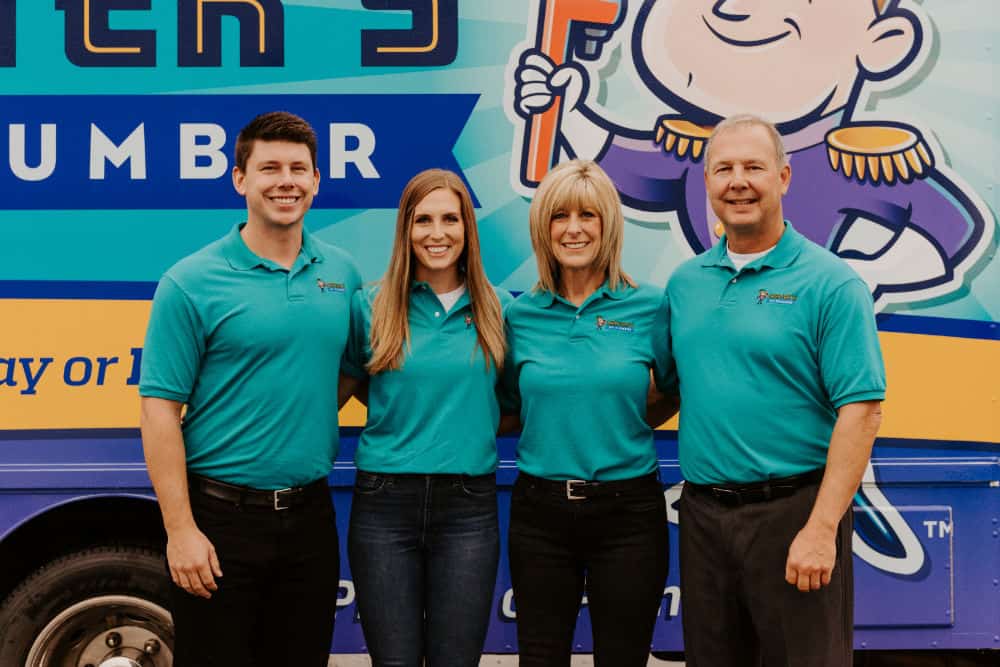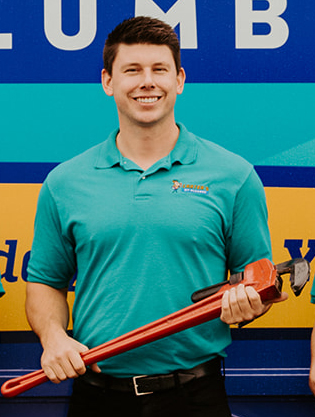Table of Contents
If your home sewer line falls into disrepair, you’ll naturally want to have it fixed as promptly as possible. One thing that can potentially delay your repair efforts, or at least complicate them, is complying with permitting requirements.
Many home plumbing projects will require you to obtain a permit, and sewer line repairs usually fall under that category. Specific requirements can vary by municipality, which is why it’s so important to choose a team of professional plumbers who know local codes inside and out.
At Carter’s My Plumber, we have a proven track record performing sewer line repair in the Indianapolis area. We are pleased to provide homeowners not only with technical expertise, but also with the assistance obtaining the necessary plumbing permit.

When is a Plumbing Permit Needed?
While laws about permitting can vary from place to place, it’s important to note that most significant home plumbing projects, including those involving excavations, will generally require you to get a permit. Here are a few general considerations to bear in mind as you prepare for any kind of major plumbing work on your property.
Permitting Requirements Exist for a Reason
It’s easy to think of permitting as a pointless bureaucratic requirement, but actually, there are meaningful reasons why a property owner may be expected to acquire a permit. Usually, permitting requirements exist to safeguard the environment, and also to defend the rights of your neighbors and other nearby property owners.
Permitting Requirements are Variable
Again, the permitting expectations will change from place to place. In more rural settings that are not connected to city sewer, drain, or water lines, permitting requirements tend to be a little more lax. Being connected to the public sewer means any work you do can potentially affect other property owners, which is why a standardized permitting process exists.
Permits are Required for Many Types of Home Plumbing Projects
No matter your specific plumbing plans, there’s a reasonable chance that you’ll need to get a permit. For example, in many municipalities, permits are required for:
- Relocating any of your plumbing infrastructure during a home renovation.
- Replacing a hot water heater.
- Any large-scale installation of concealed piping.
Meanwhile, more minor plumbing needs typically will not require you to have a permit. For instance, you will usually not need a permit for something like having a new toilet installed, or having a leaky faucet repaired.
Professional Plumbers Can Help
If you have any questions about permitting, you should definitely be talking with a plumber. A good local plumber will understand permitting requirements inside and out, and be able to secure any documents you need depending on the type and scope of your project.
Talk with an Experienced Plumber in Indianapolis
Having your sewer line repaired is a major, time-sensitive undertaking. The last thing you want is for this important work to be delayed due to permitting mix-ups.
That’s what makes it so important to choose a plumber with deep knowledge of local permitting requirements. Carter’s My Plumber is ready to assist homeowners in Indianapolis navigate the permitting process, ensuring their sewer line issues are resolved as expediently as possible. With questions about sewer line damage, sewer line inspections, or the proper permit process, reach out to Carter’s My Plumber today!
Frequently Asked Questions
What is the main cost for replacing sewer line?
The cost can vary depending on countless factors, and the best way to get a specific estimate is by reaching out to your local plumbing professional.
When is a plumbing permit required?
While requirements can vary by place, it is usually necessary to have a permit for any major project, including sewer connections.



